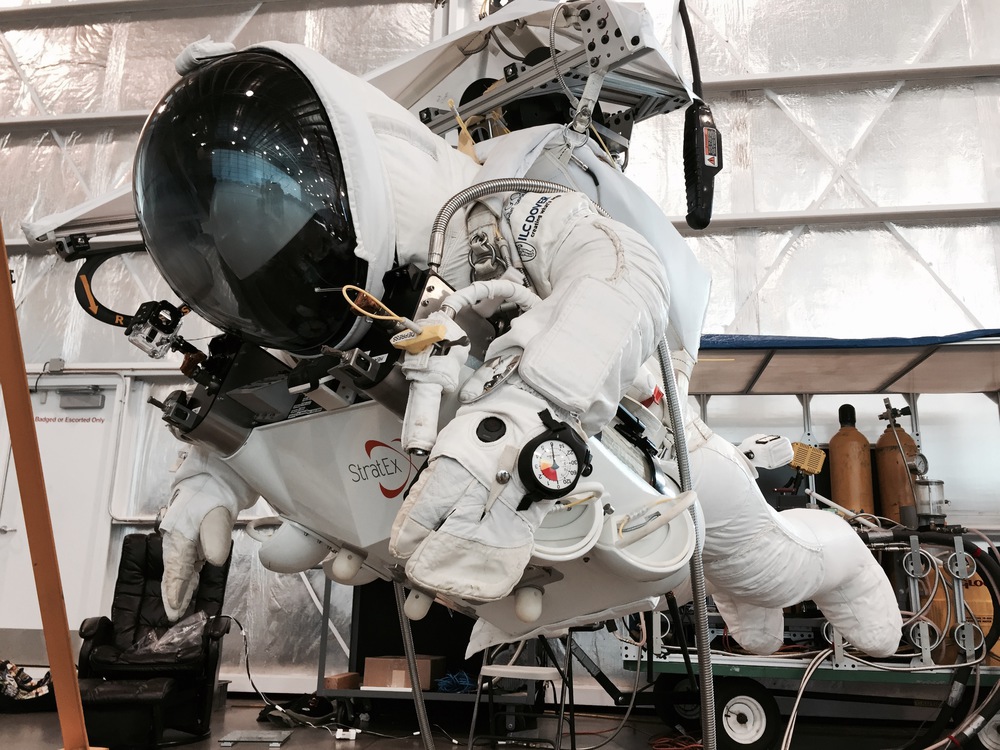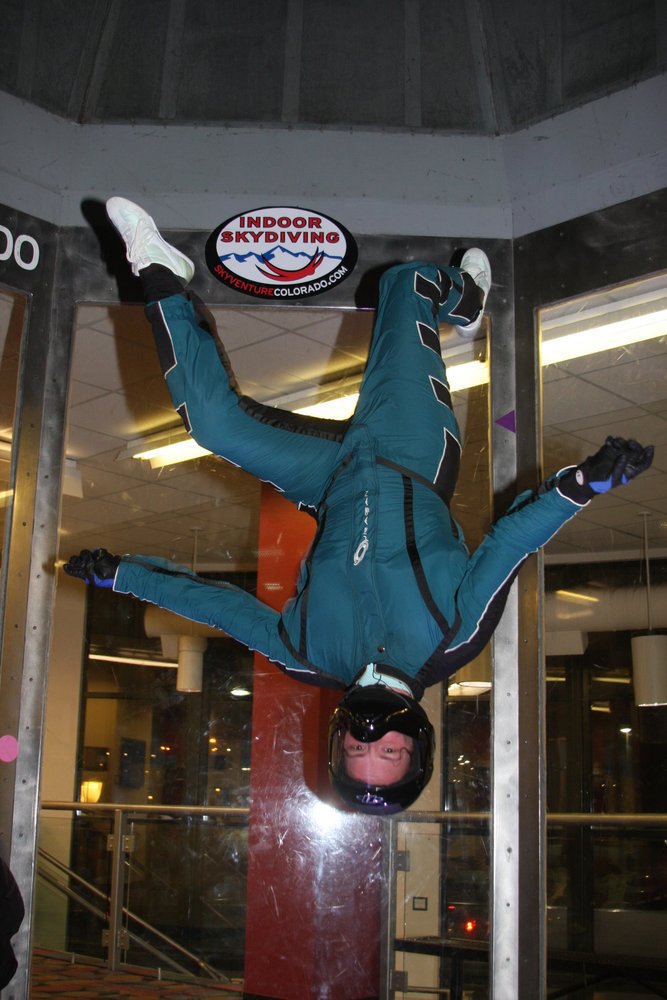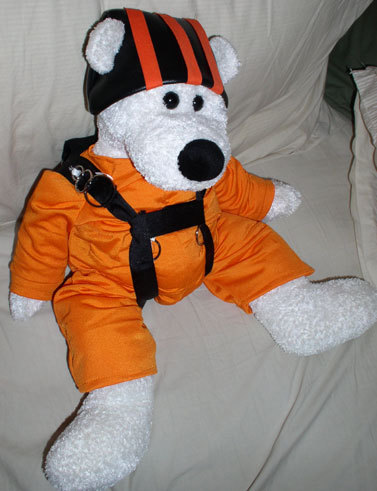Recommended Posts
skycat 0
QuoteQuoteIt looks like Mirage has a link on the front page about the Capewell recall, it is right above the pictures of the G3 and G4, it takes an extra second or two for it to show up. Last time I clicked on it though the link was down....
Found it above the pic of the G3/G4 on the Home page, right where you said it was. It still doesn't work.
Hook
The link is working now, but does not give any info other than a link to the capewell SB
rmsmith 1
QuoteOur customer was angry about the bend and wanted the ripcord replaced…who pays for that? Capewell? The drop zone? The manufacturer? Me?
Most parachute gear is hand-made, and to expect a 100% parts replacement warrantee when this gear is deeply discounted is childish. This person should grow up, get out the credit card, and have a new ripcord shipped by fedex overnight--unless of course their life isn't worth $65.00.
Products with the sort of warrantee protection this person desires are expensive. For example, automobile prices continue to rise unlike tire prices because the government insists that automobile manufacturers continue product safety research and exercise wide-spread recalls to insure public safety because an increasing number of people aren't well suited to operating automobiles. Skydivers do not pay for these additional costs in their purchases.
rmsmith 1
rmsmith 1
QuoteLife safety equipment should have a 100% warranty(check your spelling) against defects in materials and workman ship. Would anyone in there right mind jump something that is guaranted to maybe work?
The spelling was correct as a warrantee is the person who holds a warranty, i.e., a purchaser of a product that includes a warranty. BTW, "guaranted" is missing an "e".
QuoteThe gear manufacturers do the best job that the economic conditions of this sport will allow them. If they were to offer guaranteed or warranted gear then the prices we would ultimately pay would be much higher particularly after several years of tort activity. It is cheaper for everyone involved to simply replace the defective parts.
The guarantee I am referring to is TSO-C23. That states that all components will be manufactured to very exacting standards. Then 90 degree bend test we are submitting pins to now should have been done(with 8#) on every pin/ripcord assembly before it ever left the manufactures shop. The other test is an in line pull with 300# for 3 sec.
Sparky
riggerrob 558
With current depressed prices, factories are under constant pressure to get product out the door to pay light bills, etc. Anything that slows down the production process puts them closer to bankruptcy, so quality control becomes a compromise.
Tell your customer to lighten up. The rigger should not have to pay to replace the bent ripcord. He was just doing his job as written by Capewell.
Capewell or the container manufacturer is responsible for replacing the ripcord.
If the customer is complaining too loudly about who pays for a new ripcord, we have to seriously question his motives. In my experience, the customers that complain the loudest are also the customers that pay the least. They got wealthy not by making lots of money, but by squeezing every penny until it squeaks!
Trying to squeeze every last penny out of a lowly rigger is worse than a waste of time. Riggers don't make much money to start with and in the long run, you only annoy the person who holds your life in their hands.
Sparky
jfields 0
Quote100% test would not only be nice, it is required under TSO-C23B through TSO-C23D.
If it is required, then wouldn't it apply to all manufacturers equally, putting nobody at an economic disadvantage for complying? If performing the test (or any other mandated safety step) takes time that manufacturers haven't factored into their prices, perhaps they ought to revisit that.
Price is a good ways down the list of priorities when I make any skydiving gear-related decision. Without question, safety is more important. The ill will generated for getting caught knowingly violating safety procedures would outweigh the benefits of being able to undersell the competition. Skydiving manufacturers (like riggers) exist on the trust of their customers. We need to believe that they will do their work in accordance with established guidelines, and step up honestly and quickly with a service bulletin if something goes awry. If you breach that trust, you have nothing.
-Rap





Found it above the pic of the G3/G4 on the Home page, right where you said it was. It still doesn't work.
Hook
Share this post
Link to post
Share on other sites